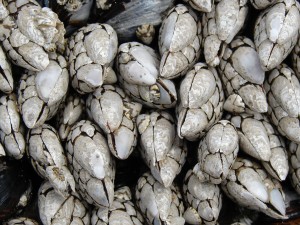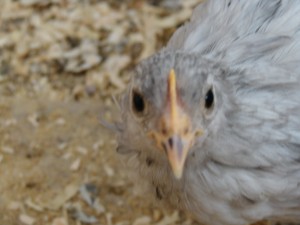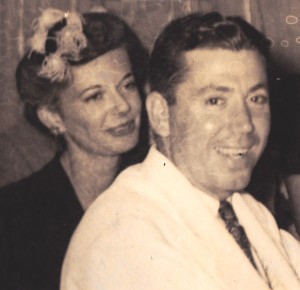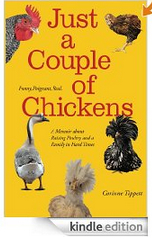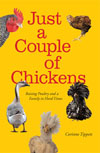I’ve heard passionate debate in the book industry about whether self publishing ruins an author’s chance of getting a book deal with a traditional publisher.
Some well-respected experts swear that it is the kiss of death for an author to self publish. Others, equally well-respected, say that one day soon, all authors will have to first self publish and self market to prove that their work can sell before a larger publishing house will pick them up.
The irony of the whole discussion is that self publishing turns authors into publishers, who then have the same concerns as publishers (without the staff, budget, connections or market reach.. !)
As a publisher, I need my book to sell. If my book is selling, and selling well, then I believe that my author (that’s me) will be able to talk to traditional publishers for either a larger market for that book… or for a future book.
Every year brings a new story of a self published author who had success with a project and then either got picked up by a traditional publisher, or decided to continue to go it alone due to the success.
The most bitter statements I’ve heard all have to do with the quality of self published books. The idea behind that is based on the assumption that traditional publishing curated a standard for literary excellence… and it is therefore the temerity of the line-jumping author that so badly offends, because the self publishing author could be putting out a product so vile it should never have touched a binding machine.
But if a self publisher puts out a bad book, it won’t sell. It won’t get good reviews. Store managers and distribution agents will not carry it.
And if a self publisher puts out a fantastic book… and if a self publisher markets the heck out of that fantastic book… then it will sell. And if it sells enough, traditional publishers will want to look at it.
So no, if you self publish your book, traditional publishers will not blacklist you. They don’t have the time or the energy.
If you query them on that self published book, they will probably ignore you the same way they were ignoring you before you self published…. unless you sell a LOT of books!
It certainly does get wicked in some of these high-tension discussions. This is a time of big change in the publishing industry and it is creating big emotions. From personal experience, I can say that getting a re-order request from a store carrying my book felt a lot better than getting a rejection letter from a publisher on the same book. But I love those rejections because they are so much better than silence, so I still submit.
Because I believe there is room for both market models.





